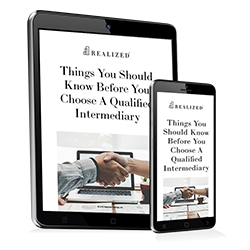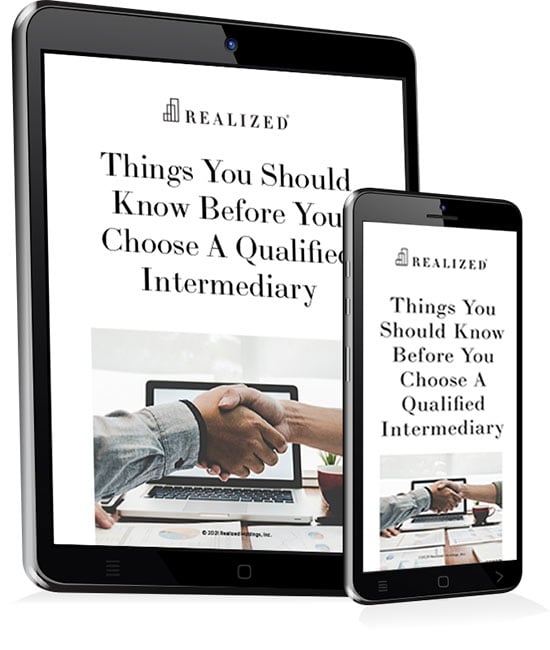
Successfully completing a 1031 exchange requires meticulous attention to detail. Exchangors don’t have to worry about navigating every single detail of their exchanges, however – that job falls on the Qualified Intermediary.
QIs facilitate exchanges by preparing all the necessary exchange documentation, such as exchange agreements and assignments of sales, and they also coordinate with closing agents to ensure the transaction is recorded as an exchange and not a straight sale.
Since they play such pivot roles throughout the exchange process, it’s important to engage an experienced exchange facilitator. Some exchangors have asked whether they can choose an escrow company to act as their Qualified Intermediary. Let’s take a closer look at who can act as a QI during a 1031 exchange.
Who Can Act As Your Qualified Intermediary – Disqualified Persons
When exchangors assign their interests as sellers and buyers to a QI, they create a reciprocal trade situation since the Qualified Intermediary is the actual buyer and seller in each transaction. Qualified Intermediaries also hold all exchange funds in escrow accounts during the exchange period until it’s time to acquire and close on a replacement property.
This close relationship underscores the importance of selecting a reputable QI. Exchangors may want to work with someone they have a history with because they know and trust them, such as their attorney, financial advisor, or tax professional; however, these people likely fall under the Internal Revenue Service’s definition of “disqualified persons.”
According to the IRS, a disqualified person is any agent who has worked with or provided services to an exchangor in a two-year period prior to the close of sale on the relinquished asset. The list of disqualified persons can include:
- Accountants
- Investment bankers
- Attorneys
- Real estate or escrow agents
Entities that are controlled by the exchangor, such as partnerships or corporations, are also disqualified from acting as Qualified Intermediaries during a 1031 exchange. Similarly, employees, family members, and close familial relations are also disqualified persons because they can’t establish the required independent relationship between the Qualified Intermediary and exchangor.1
Selecting an Escrow Company as Your Qualified Intermediary
There are some caveats to the IRS rules regarding agents and disqualified persons.
Agents who perform routine title, financial, insurance, escrow, or trust services don’t fall under the umbrella of disqualified persons. If an escrow officer hasn’t directly acted as an agent on behalf of the exchangor in the past two years, he or she technically could be engaged as a QI. However, in order to do so, that individual would have to secure a QI-EIN, or Qualified Intermediary Employee Identification Number from the IRS. Agents can secure a QI-EIN by submitting Form SS-4 to the IRS.
Putting it all Together
Oftentimes, it takes a team of professionals to successfully complete a 1031 exchange.
Exchangors will lean on the expertise of their Qualified Intermediary throughout the exchange process. It’s imperative that exchangors engage a QI with extensive knowledge of tax codes and IRS regulations regarding 1031 exchanges. You can engage an escrow company to act as your Qualified Intermediary, but great care should be exercised to ensure that company or individual doesn’t fall under the definition of a disqualified person. A more prudent course of action might be to select a Qualified Intermediary that has no connection to you and has demonstrated a lengthy history of facilitating successful 1031 exchanges.
1 Selecting a Qualified Intermediary for a Like-Kind Exchange, CPA Journal, https://www.cpajournal.com/2016/10/01/selecting-a-qualified-intermediary-for-a-like-kind-exchange/
This material is for general information and educational purposes only. Information is based on data gathered from what we believe are reliable sources. It is not guaranteed as to accuracy, does not purport to be complete and is not intended to be used as a primary basis for investment decisions. It should also not be construed as advice meeting the particular investment needs of any investor.
Realized does not provide tax or legal advice. This material is not a substitute for seeking the advice of a qualified professional for your individual situation.
Costs associated with a 1031 transaction may impact investor's returns and may outweigh the tax benefits. An unfavorable tax ruling may cancel deferral of capital gains and result in immediate tax liabilities.



